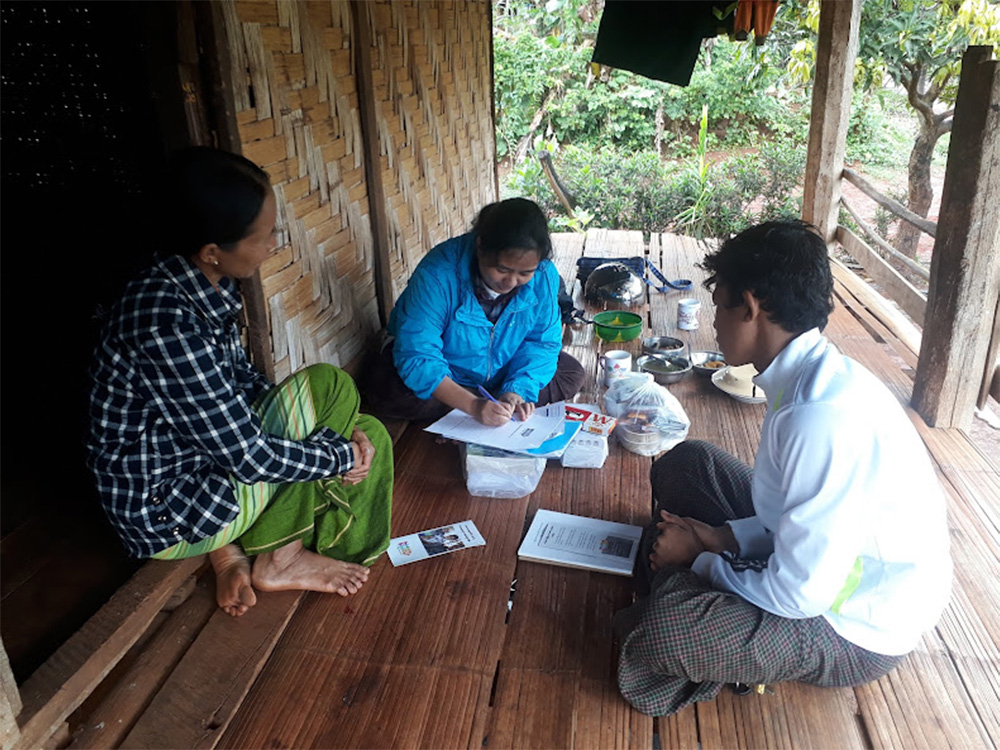“But It’s Been Two Years Since I Have Seen My Mom!”
You helped release Ngia from the orphanage, where he was forced to labor for the director for years!
Ngia wanted to go home to be with his mother, but the orphanage director refused to budge. Instead, he forced Ngia to work on his plantation for the summer again.
When Ngia was eight years old, his father died. His mother had to work hard, but she was able to provide for Ngia and the rest of the family. They didn’t have much, but at least they had each other.
Then one day, about a year after the death of Ngia’s father, a traveling minister came to town. He saw that Ngia’s mother was single and that she had to work hard to support her family. He convinced her that Ngia would be cared for better in an orphanage, where he could receive a good education that would result in a better life. Ngia’s mother felt very grateful that someone would provide such a great opportunity for her son. Desiring the best for him, she sent him to the orphanage.
Once he arrived at the orphanage, Ngia did have a place to sleep, enough food to eat, and decent schooling. However, he felt like just another child at the orphanage, lost among the others, not receiving the nurture and love that are so vital to the development of young children. And when he wasn’t in school, he had to work on the director’s rice plantation. Day after day he endured life, longing for the life that could have been if his father had not passed away … longing to be with his mother again … longing to be loved.
Six years later, our partner in Myanmar began working with this orphanage. Their social worker met Ngia and recognized that he wanted to live with his mother. She immediately made arrangements, and Ngia got to spend the summer break from school at his family’s home. However, Ngia’s mother had remarried during his absence, and Ngia did not get along well with his stepfather. Because of that and other factors, he returned again to the orphanage in the fall.
The social worker believed that it would be best for Ngia to be with his mother full-time. She talked with his mother, who said she would love to have her son back. But she also felt that she owed her child to the orphanage director, who had invested six years of resources in raising him. This is not an uncommon situation in Myanmar, as orphanage directors are viewed as superiors within the culture. As a result, many parents feel indebted to these directors, and will allow them to exploit their children for labor purposes as a means of “paying them back.”
Even after Ngia’s mother and stepfather separated, the social worker still could not persuade his mother to take him back home permanently. For the next two years, he prepared to go back home for the summer, only to have the director force Ngia to stay on site and work on the plantation. Ngia was devastated.
But at the end of the second summer, before school started, COVID-19 hit. As a result, school was canceled for the next semester and the director gave Ngia permission to return home, after making him promise that he would return for the next semester.




